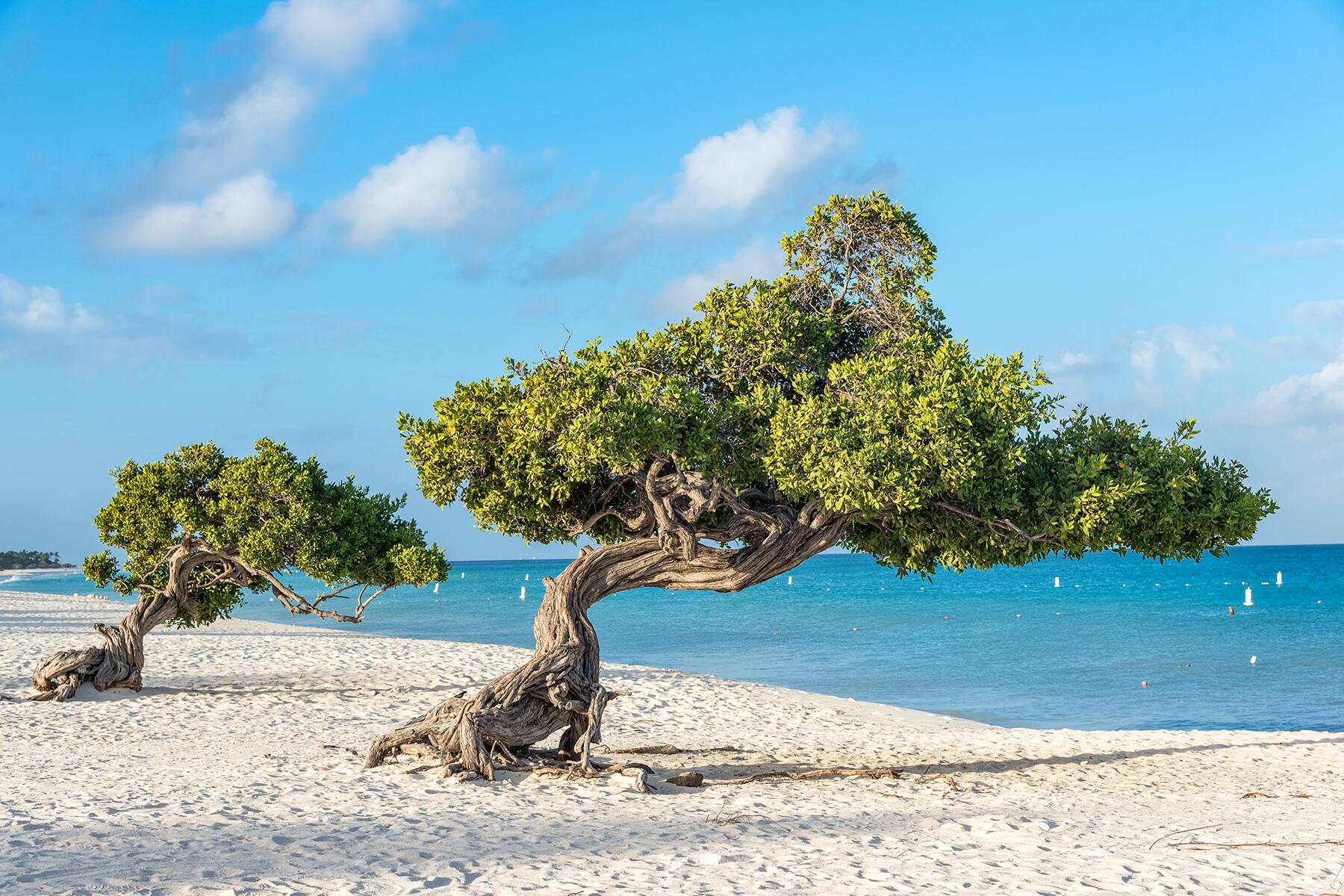You are assuming the role of Jia Z., the vice president and secretary general of the Chinese Association of Zoological Gardens (CAZG), in a negotiation with American zoo representatives who seek giant pandas for an extended stay at their zoos. It is the spring of 2010, and you are meeting in Beijing.Your organization prioritizes giant panda conservation. You will be accountable to high-level government and party officials for the performance of your three-person team in this negotiation.
CAZG
Established in 1985, CAZG is a nonprofit organization affiliated with the central government’s Ministry of Housing and Urban Development. CAZG plays a largely advisory role in managing zoos and parks with animal exhibits, although it is trying to become an accreditation agency. Most of its 200 members are government-funded, representing a third of China’s total number of zoos. Concerning giant pandas, CAZG oversees their care in zoos, while the China Wildlife Conservation Association (CWCA), an affiliate of the State Forestry Administration, is responsible for pandas in wildlife refuges. CAZG and the CWCA are the only organizations through which foreign zoos may legally obtain giant pandas.
American Wildlife Parks
You expect the American negotiating team to include Frontier Wildlife Park and Wilderness Haven Park representatives.
- Frontier Wildlife Park: Located in Bend, Oregon, the park spans over 2000 acres and houses more than 250 species of animals. The park is renowned for its conservation efforts and educational programs. The CEO is Jason Smith, who has been with the park for several years and has extensive experience in zoo management.
- Wilderness Haven Park: Located in Ashland, Oregon, this park spans over 1500 acres and is home to more than 200 species of animals. The park’s expansive and diverse habitats provide a naturalistic environment for its residents and attract numerous visitors each year. The CEO is Dr. Sarah Hartley, an environmental scientist with a vital conservation and animal care background.
Negotiations to Date
Since the early 2000s, Wilderness Haven Park has been communicating with representatives of the main zoo in Chongqing. In 2008, Chongqing Zoological Gardens and CAZG signed a letter of intent with Wilderness Haven Park to “provide a breeding pair of pandas.” In November 2009, two Wilderness Haven Park representatives came to China and received reconfirmation of the letter. One month later, the President expressed to China’s president the wish to obtain giant pandas.
After the President’s return to the United States, Wilderness Haven Park’s Board of Management established a Giant Panda Task Force (GPATF). Its chair, Dr. Hua Zhang, has been in touch with you and is leading the American team that will meet with you and your colleagues.
About Dr. Hua Zhang
Dr. Zhang is the chair of the GPATF and a member of the park’s Board of Management. He is a practicing environmental scientist, well-known for community involvement and humanitarian work. Dr. Zhang was instrumental in building the largest Chinese cultural center in North America just outside Portland. He also played critical roles in relief efforts during the SARS crisis and the Sichuan earthquake. Dr. Zhang is an influential member of the Chinese-American community and has gained the trust and respect of high-level government officials on both sides of the Pacific Ocean. He could be a valuable intermediary, messenger, and negotiation counterpart.
Current Agenda
In panda negotiations, topics for discussion generally include the duration of the pandas’ visit at the foreign zoo, loan fee (“contribution”), delivery (transportation, accompanying Chinese personnel, etc.), panda accommodations (housing, food), veterinary and other care, offspring ownership and care, subjects for cooperative research, and more.
This negotiation need not cover all of the above items. Your priorities are the contribution to conservation, additional funds, and the basic organizational structure of an effective partnership. You may rank these items as you see fit.
Your Objectives
Your main goal is to obtain significant financial and other support for CAZG’s giant panda conservation program and CAZG’s work with China’s zoos. They are generally underfunded, and you see this negotiation as an opportunity to source funds for zoo-improvement projects. At the same time, you want to uphold, if not exceed, the terms of the “model agreement” for panda loans to foreign parks. Remember that CAZG helped establish these terms.
In the model agreement, the central financial clause is the annual $1 million contribution to conservation over ten years, but there are other terms. They include a $600,000 yearly fee to exhibit any offspring of the adult panda pair and additional funds to cover panda research expenses such as scientific equipment and salaries of Chinese scientists. All of these terms were agreed to by the four American zoos that historically hosted pandas when they negotiated with CAZG and the CWCA. These agreements were reached with San Diego in 1994, Atlanta in 1999, the National in Washington, D.C. in 2000, and Memphis in 2003. The value to China of each of these 10-year deals approached $15 million.
Concerning organizational structure, you want to maximize Chinese control and knowledge/technology transfer to China. This transfer of knowledge is not just a requirement, but a recognition of the Chinese partners’ expertise and their potential to further advance in the field. For instance, you would require an American zoo with pandas to submit monthly reports on their condition to the CAZG deputy secretary general. Any monies sent to China as a result of a panda loan would be managed solely by CAZG and dispersed at its discretion. On cooperative research projects, you prefer the principal investigator to be Chinese and when this is impractical, to designate two lead investigators—one Chinese, the other American. You want research results to be fully and promptly shared with CAZG.
You must set specific aspiration levels (objectives) and initial offers for the conservation contribution, additional financial contributions, and the basic organizational structure. A few exceptions have been made to the standard fee level. In 2008, when San Diego Zoo negotiated to extend its lease, the CWCA agreed to let the zoo pay $500,000 per year for the next five years. Zoos in Australia and Thailand also concluded deals with low annual fees (respectively, $300,000 and $25,000), but these cases involved special circumstances. These precedents do not bind you. You may even pursue higher than standard terms for some agenda items.
Bear in mind that giant pandas are famous worldwide. Many zoos demand these animals. If the American team does not meet your demands, you have many alternatives.
4o

